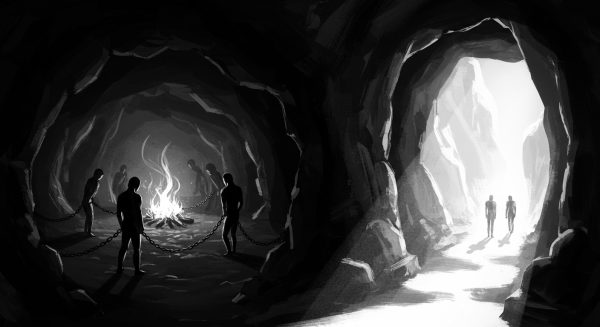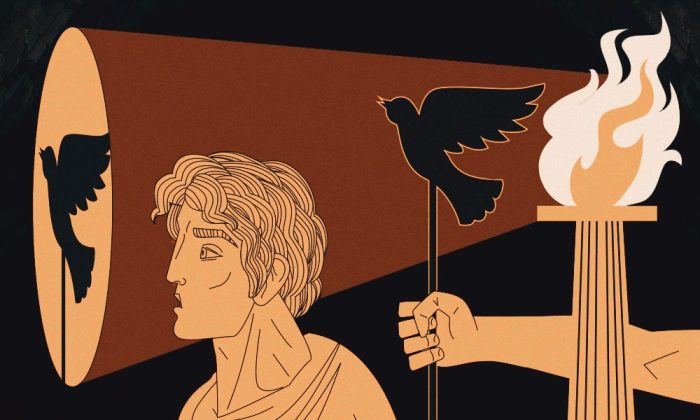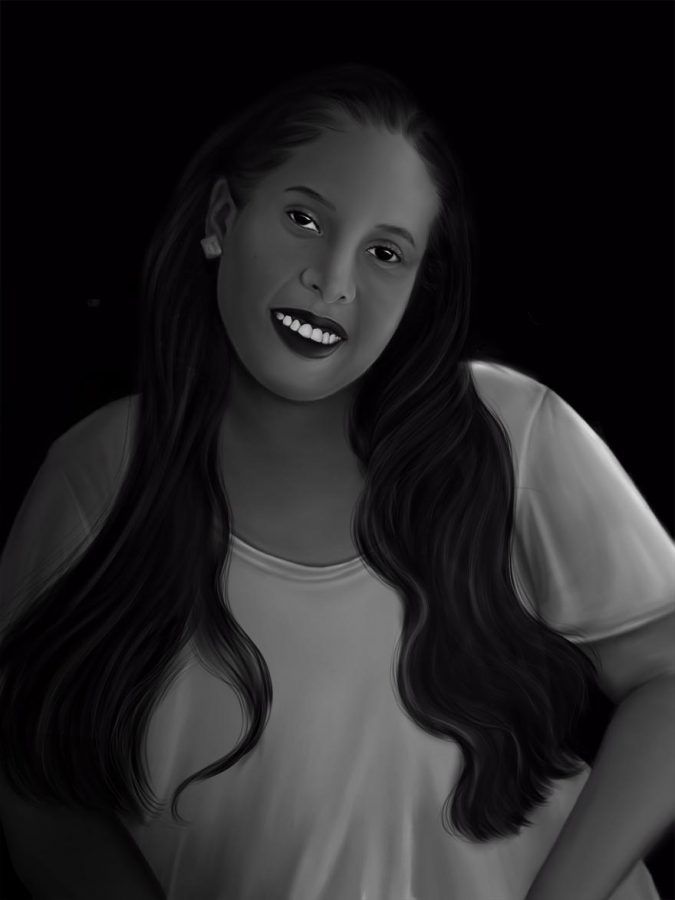What is reality?
A quick search, and the answer offered is one of simplicity: “the world or the
state of things as they actually exist.” Yet this definition is not to my liking, for it raises a
plethora of thought-provoking questions, namely: how can one be certain that what we see is
truly a reflection of existence itself?
For much of what history has presented, philosophers and thinkers alike have tackled this very
question, have struggled to identify the solution, and in the end have repeatedly cautioned us that
perception of truth is not reality in its own right. One philosopher, Plato, attempted to explain
this phenomenon as something of shadows on the wall, implying that the eyes through which we
see often view only a reflection of reality, not the whole.
Today, this notion of shadows is no longer a mere byproduct of light but of algorithms embedded
in our every app.
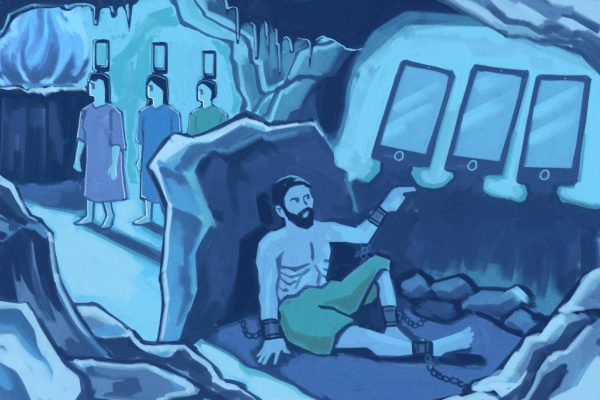
We, as a civilization, are uniquely positioned in an era of media dominance, one situated within
the fatal abuses of algorithms. Once used to capture audiences by prescribing content tailored to
the individual, algorithms are no longer mere tools of content tailoring.
They, as of recent, have fundamentally altered and reconstructed reality for the normal citizen
through means of segregating individuals by their perspectives and keeping them in gridlock
with companions who think just as they do. The consequence, you may ask? The individual does
not get the opportunity to reflect on their perceived notions, as those in their bubble will
continually affirm them. These individuals are operating within a system that presents itself as
truth.
And this influence is not confined to a few people, it is widespread, shaping the online
experiences of nearly everyone. Studies indicate that approximately 90 percent of the content we
encounter online is determined by algorithms. As a result of this new perceived reality, the
narrowing of perspectives is self-evident, the deepening of societal divisions is inevitable, and
the erosion of meaningful discourse follows as the final casualty of their design.
Your social media platforms are the clearest expression of algorithms, different in form but
united by a single constant: you. Feeds, recommendations, and notifications each reflect your
digital self, and reveal the algorithms that shape them.
This object, invisible yet intimately involved in our lives, does not care about what ought to be
consumed for the flourishing of the individual as a civil person in a civil society. Its design is not
for that purpose. Why show the citizen the world as it is when you can show them the world they
want it to be?
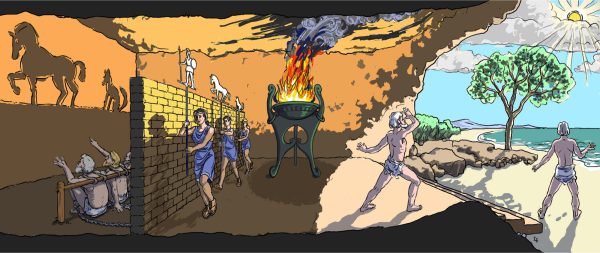
Algorithms in that sense are nothing more than confirmation bias made manifest. This becomes
especially troubling in political conversations. There will always be two or more sides, evident in
our two predominant parties, our tribalistic nature, and the differences in values and principles
that shape individual worldviews. But there should never be two “truths.” When two truths are
presented, discussion should not merely be tolerated but embraced with open arms.
What unfolds in practice tells a different story. Two sides, each shaped by polar-opposite
algorithms, meet online, and instead of coexisting and engaging with one another, they view each
other as threats because their views run contrary to accepted orthodoxy. This example embodies
our current climate of free thought and exchange of ideas, the moment conversation is framed as
enemy versus enemy, the mind closes off, dialogue disappears, and confrontation becomes the
default response. We all fall prey to this new landscape.
We willfully form our chambers, shackle ourselves with chains, and remain confined within
them. In the end, we have created our own demise. According to Pew Research Center, 79
percent of Americans believe social media and the web (heavily regulated by algorithms) are
increasing political polarization. Yet there is little to no expression of regret espoused among my
peers, reflecting a national trend.
No urgency! No action taken! Neither on the individual level nor societal. Every week feels like
new attacks occur as a consequence of political opposition curated by algorithmic systems. The
threat is real, yet people remain passive on their devices, preaching warnings but dismissing
them in practice.
So is this the end of society as we know it? The answer is simple, no.
It only takes one, one citizen willing to step out of their comfort zone and enter uncharted territory. One person
refusing to fall for the trap of the algorithmic Leviathan. One voice daring to seek perspectives
completely contrary to their own beliefs. But this responsibility, though significant, must not end
with the individual. Plato emphasized that “it is the task of the enlightened not only to ascend to
knowledge themselves, but to bring the light of truth to those still in darkness.”
